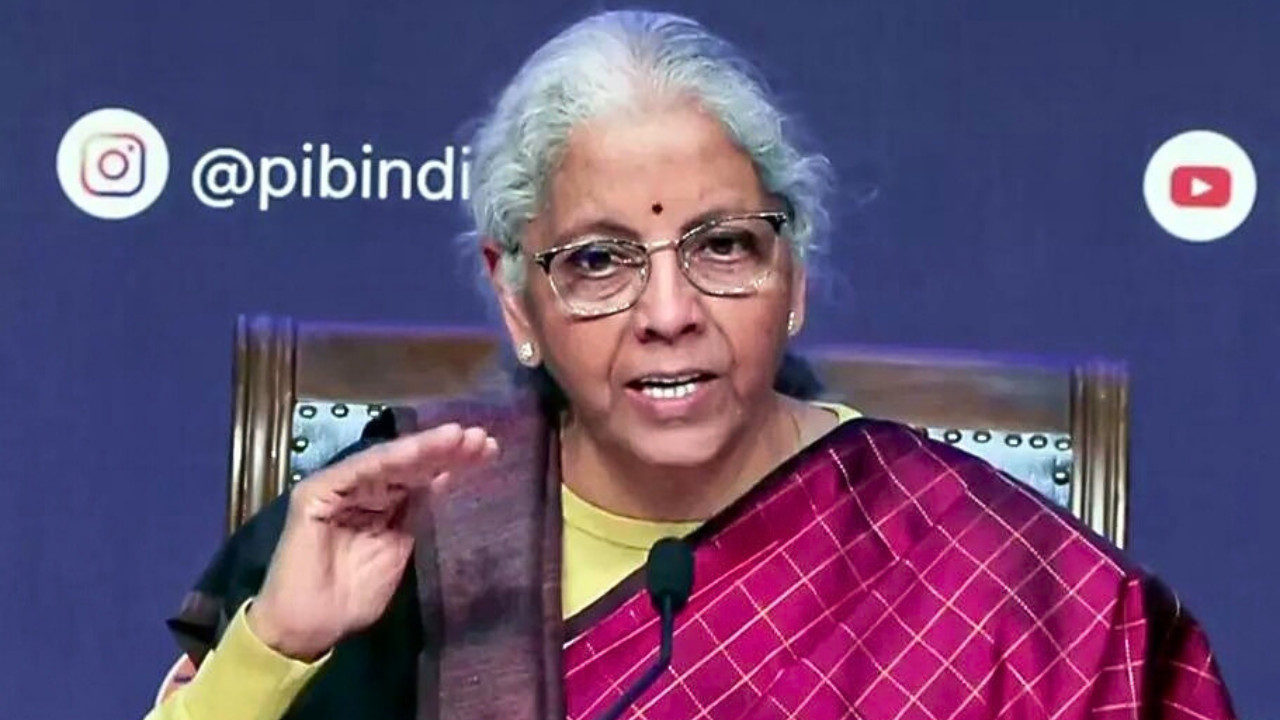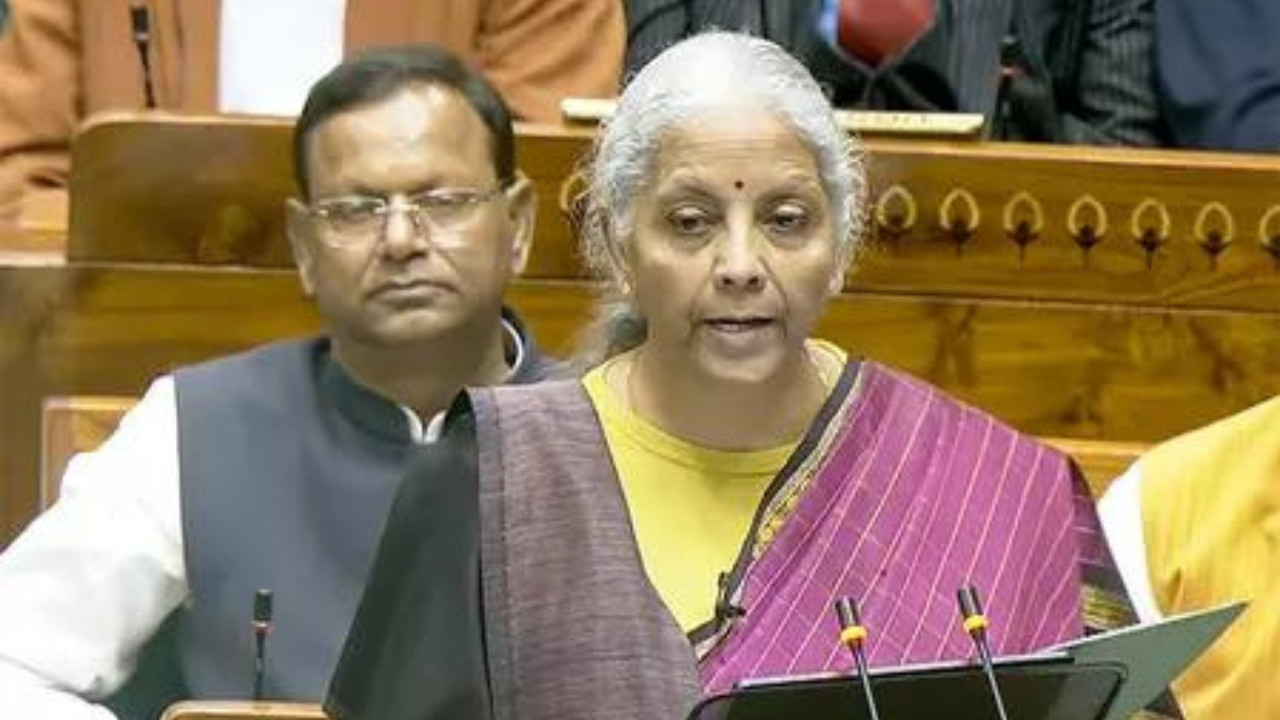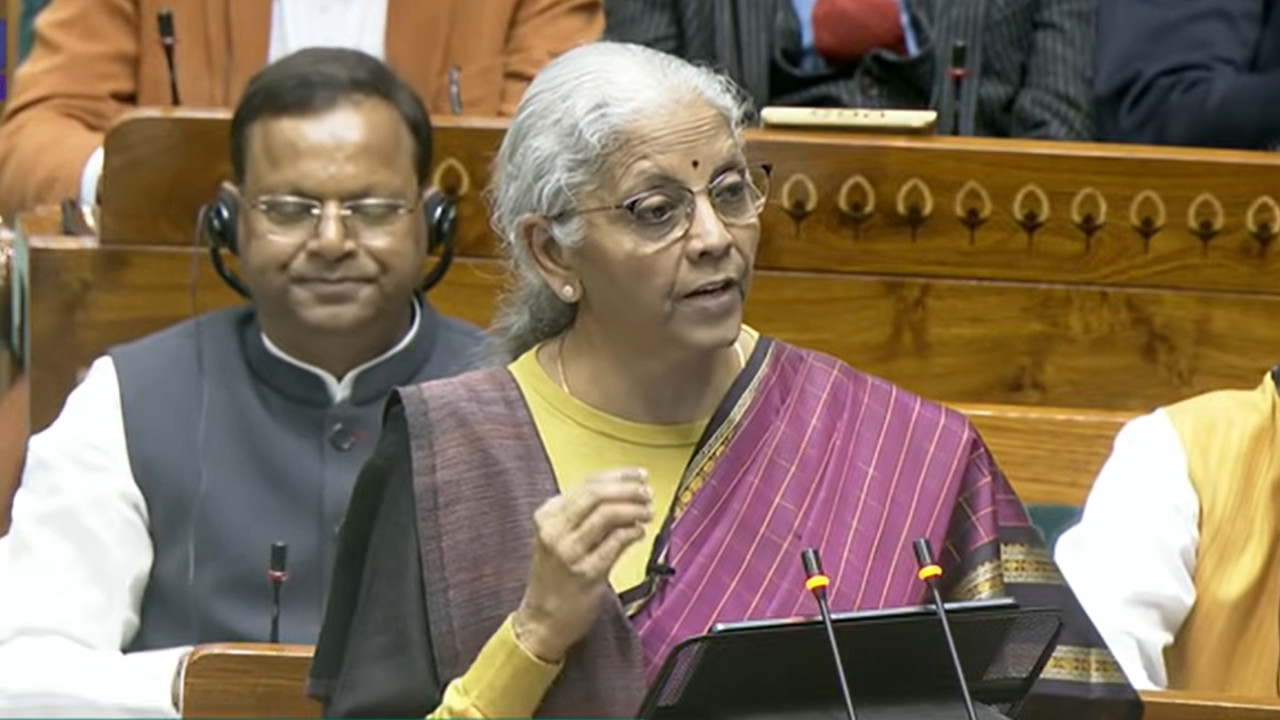The central government is in consultation with various ministries and state governments to establish the 8th Central Pay Commission (CPC), which will revise the pay structures for approximately 50 lakh central government employees and 62 lakh pensioners. The fitment factor, a key component in salary calculation, will determine the extent of basic pay increases.
Will Government Employees See a Big Pay Bump? The Buzz Around the 8th Pay Commission
For years, the question has lingered in the air, thick with anticipation: will the Indian government introduce an 8th Pay Commission? And if so, what will it mean for the financial well-being of its central government employees? It’s a question that affects millions, from clerks to senior officers, and the answer is, well, complex.
Currently, there’s no official confirmation that the 8th Pay Commission will be formed in the traditional sense. Speculation has been rife, fueled by reports and whispers within government circles. However, the government has hinted at a possible shift toward a different system for revising salaries, one that could be more dynamic and less reliant on a fixed, periodic commission.
The Fitment Factor: A Key Piece of the Puzzle
One concept closely tied to discussions around government employee salaries is the fitment factor. Think of it as a multiplier. When a new pay commission is implemented (like the 7th Pay Commission, for instance), the existing basic pay is multiplied by this factor to arrive at the revised pay. The 7th Pay Commission used a fitment factor of 2.57, which essentially meant that the existing basic pay was increased by 2.57 times.

Now, here’s where things get interesting. If the government moves away from a fixed commission, as some reports suggest, the fitment factor might become a less relevant metric. Instead, salary revisions could be linked to performance, inflation, and other economic indicators. This could potentially lead to more frequent, albeit perhaps smaller, adjustments to pay scales.
How Salary Hikes Might Look Without a Traditional Commission
Imagine a system where salaries are reviewed and adjusted annually based on the Consumer Price Index (CPI) and overall economic growth. If inflation is high, salaries would increase to compensate for the rising cost of living. If the economy is booming, employees might see performance-based bonuses or increments tied to specific achievements.
This alternative approach could offer several advantages. It would allow for more flexibility in responding to changing economic conditions and incentivize employees to perform at their best. It could also potentially reduce the administrative burden associated with setting up and implementing a full-fledged pay commission every few years.
However, it also presents challenges. Ensuring fairness and transparency in performance evaluations would be crucial. There would need to be clear and objective criteria for determining salary adjustments, and robust mechanisms for addressing grievances. It also leads to questions about the future of how the fitment factor is calculated.
What It Means for Central Government Employees
Ultimately, any change to the salary revision system will have a significant impact on the lives of central government employees. A shift away from a traditional pay commission could mean more frequent, but potentially smaller, salary adjustments. It could also mean a greater emphasis on performance and individual contributions.
For some, this might be a welcome change, offering the potential for faster career advancement and higher earnings based on merit. For others, it could create uncertainty and anxiety, particularly if they are concerned about the fairness and objectivity of performance evaluations.
Whatever the future holds, it’s clear that the way the Indian government approaches salary revisions is evolving. Whether it’s through the 8th Pay Commission, a revised fitment factor, or a new, performance-based system, the goal remains the same: to ensure that government employees are fairly compensated for their work and motivated to serve the nation. As you consider these changes, be sure to check out our related article on government pension schemes for a fuller picture of benefits.
The Road Ahead: Navigating Uncertainty
The coming months are likely to bring more clarity on the government’s plans for salary revisions. Central government employees will undoubtedly be watching closely, eager to understand how these changes will affect their financial future. One thing is certain: the discussions surrounding the 8th Pay Commission, or its potential replacement, are far from over. With an increased focus on efficiency in government, we expect policies that reward productivity and innovation.







